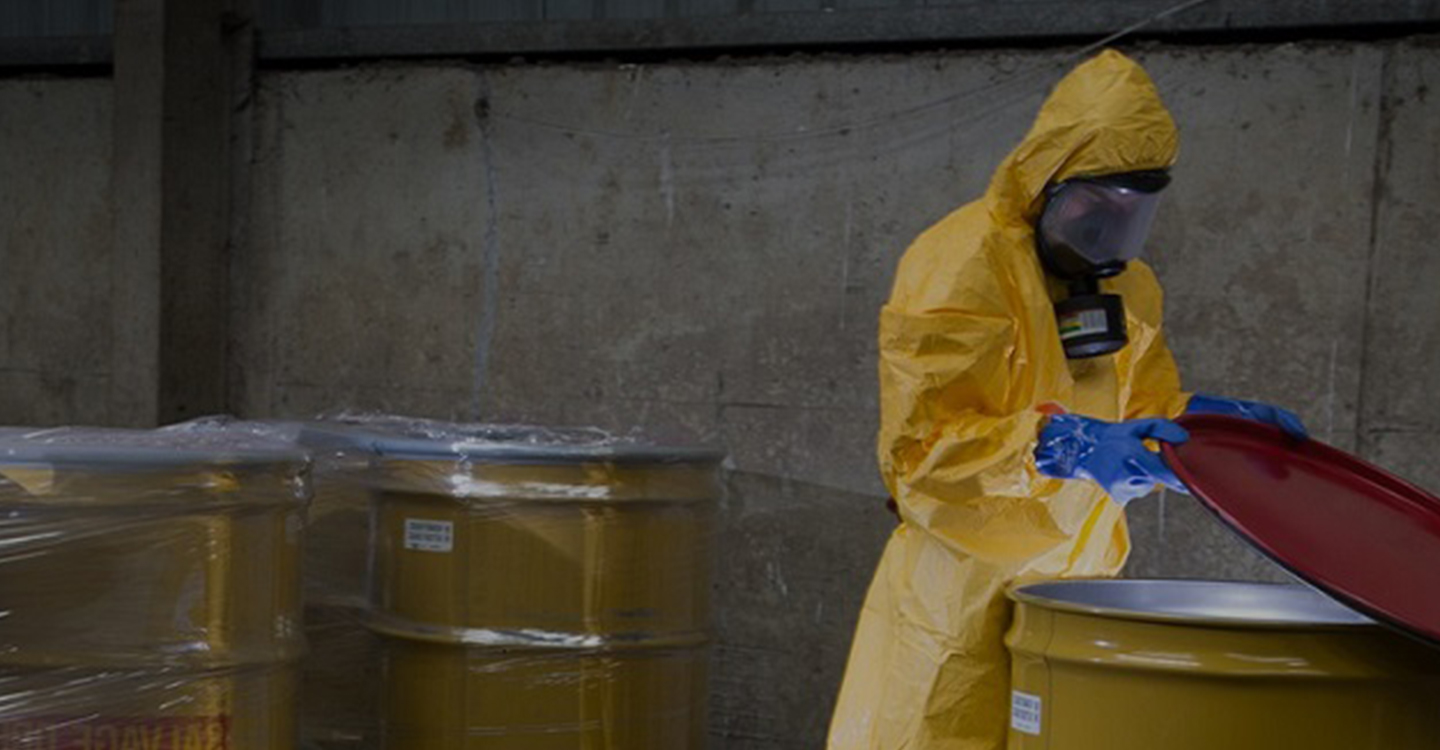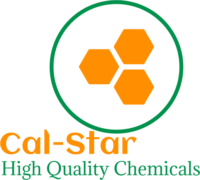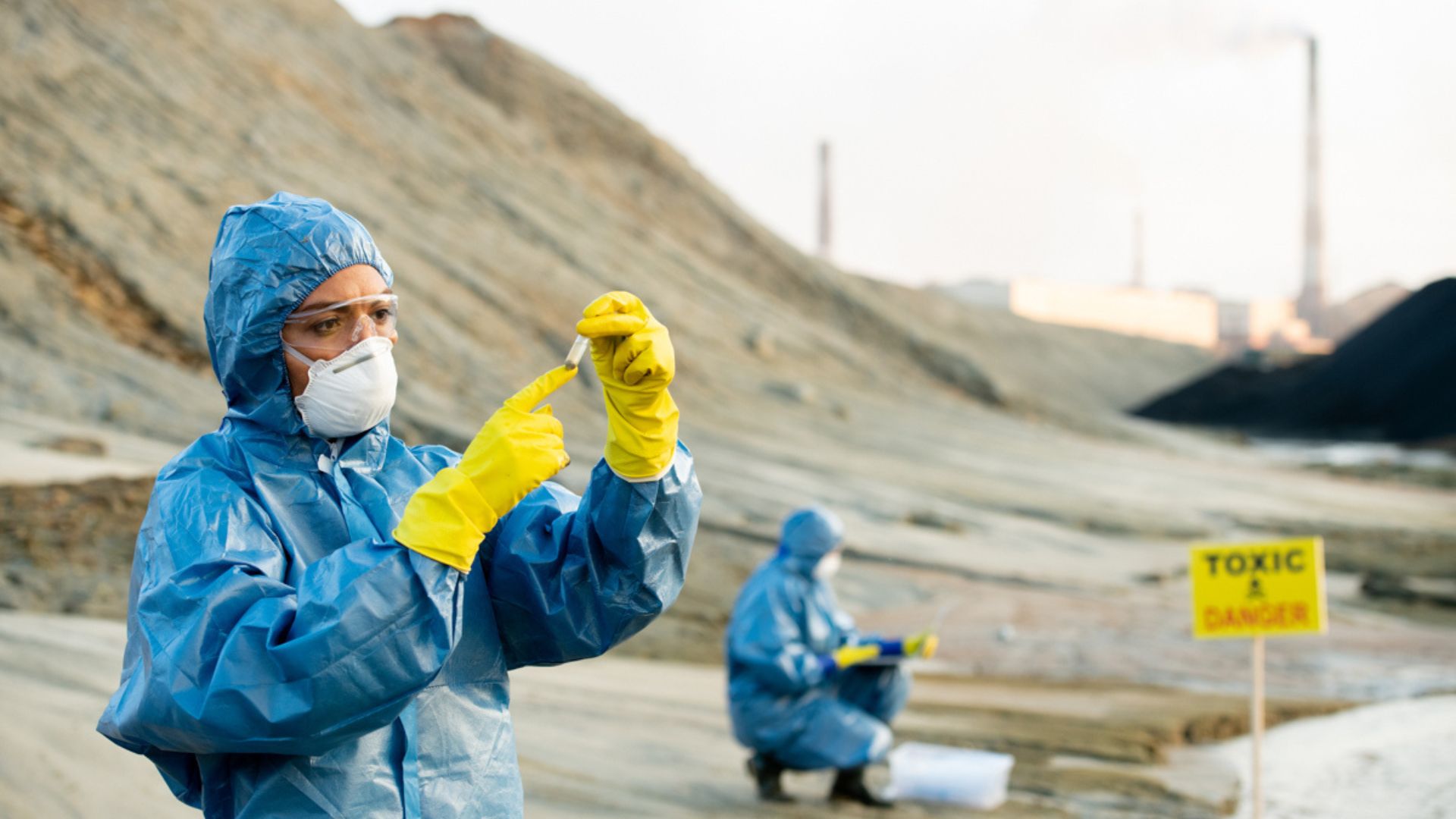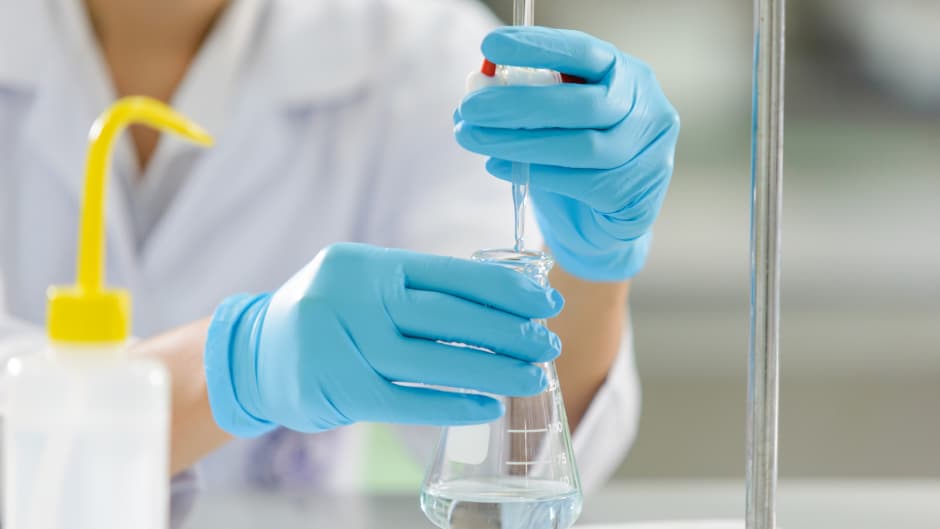When it comes to managing waste, following best practices for chemical disposal is essential. Proper disposal not only protects the environment but also ensures safety for everyone involved. In this article, we’ll explore detailed practices for chemical disposal, focusing on simple steps you can take to handle chemicals safely and responsibly.
1. Understand the Chemicals You’re Handling
Before you start disposing of any chemicals, it’s important to know exactly what you’re dealing with. Different chemicals have different disposal requirements. Always read the labels and safety data sheets (SDS) to understand the nature of the chemicals.

Best Practices for Chemical Disposal
2. Follow Local Regulations
Each region has its regulations regarding chemical disposal. It’s crucial to familiarize yourself with these laws to ensure you’re disposing of chemicals legally and safely. Contact your local environmental protection agency for detailed guidelines.
3. Use Proper Containers
One of the fundamental practices for chemical disposal is using the right containers. Ensure that you use containers that are compatible with the chemicals you are disposing of. For example, some chemicals can corrode certain materials, leading to leaks and contamination.
4. Label Containers Clearly
Clearly labelling all containers is a simple yet effective practice for chemical disposal. Labels should include the chemical name, hazard warnings, and the date of disposal. This helps in avoiding mix-ups and ensures that everyone knows what is inside each container.
5. Store Chemicals Safely Before Disposal
Proper storage is critical to prevent accidents and spills. Keep chemicals in a cool, dry place, away from direct sunlight and incompatible substances. Follow the storage guidelines provided on the chemical’s SDS.
6. Don’t Mix Chemicals
Never mix different chemicals unless you are sure it is safe to do so. Mixing can cause dangerous reactions, such as fires or toxic fumes. Stick to the rule of keeping chemicals separate to avoid any hazardous situations.
7. Use Personal Protective Equipment (PPE)
Always wear appropriate PPE when handling chemicals. This includes gloves, goggles, and protective clothing. PPE is your first line of defence against potential chemical exposure.
8. Plan for Spills and Emergencies
Despite all precautions, spills can happen. Training all personnel on emergency procedures is a critical practice for chemical disposal.
9. Neutralize Chemicals When Possible
Follow the recommended procedures for neutralizing chemicals safely. This step can make the disposal process safer and more environmentally friendly.
10. Use Professional Disposal Services
For hazardous or large quantities of chemicals, it’s best to use professional disposal services. These services have the expertise and equipment to handle chemicals safely and in compliance with regulations.
11. Keep Records of Disposal
Maintaining records of how and when you dispose of chemicals is another important practice. These records can be useful for regulatory compliance and in case of any future incidents or audits.
12. Train Employees Regularly
Regular training ensures that everyone involved in handling chemicals is aware of the latest practices and safety measures. Training sessions should cover proper disposal methods, emergency procedures, and the use of PPE.
13. Conduct Regular Audits
Regularly auditing your chemical disposal practices helps identify any areas for improvement.
14. Stay Updated with Changes in Regulations
Chemical disposal regulations can change. Stay informed about any updates to ensure that your disposal methods remain compliant. Subscribing to updates from environmental agencies can be helpful.
15. Promote a Safety Culture
Encourage a culture of safety within your organization. Make sure that safety practices are a priority and that everyone understands the importance of proper chemical disposal. A safety-first mindset can significantly reduce the risks associated with handling and disposing of chemicals.
Conclusion
Following these best practices for chemical disposal ensures that you manage waste safely and responsibly. By understanding the chemicals you handle, following local regulations, using proper containers, and promoting a culture of safety, you can significantly reduce the risks to both human health and the environment. Always remember, proper chemical disposal is not just a legal requirement but a crucial step in protecting our planet and ensuring safety for everyone.




